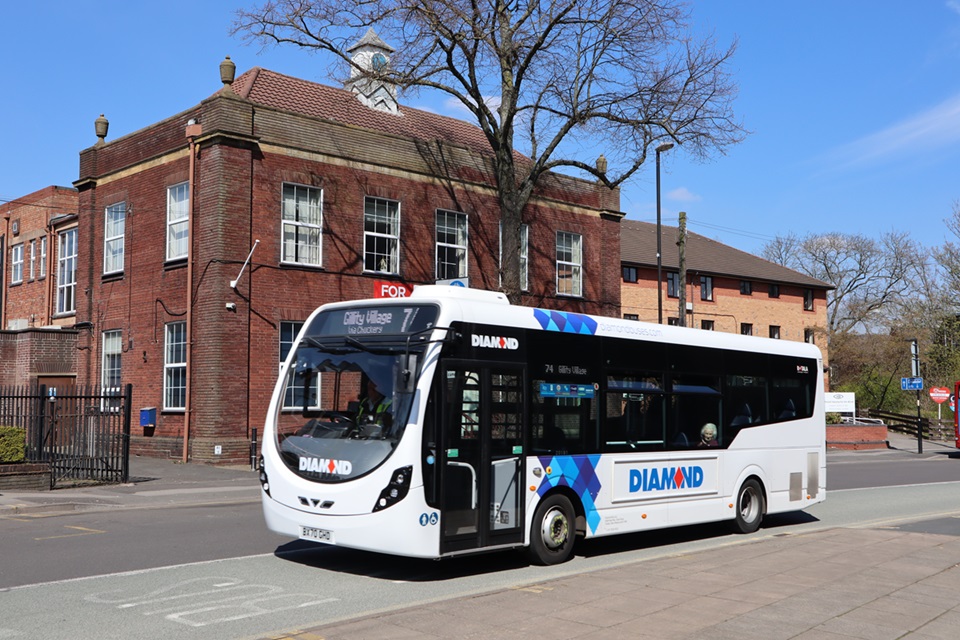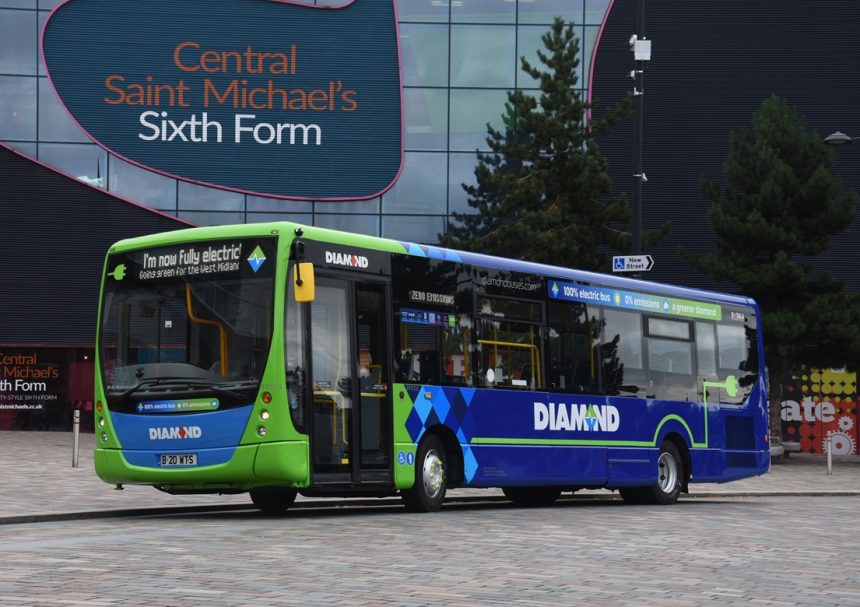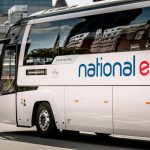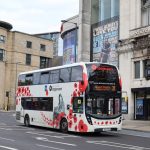Rotala has advocated the adoption of a London-esque bus franchising model in the West Midlands where individual route contracts are awarded rather than the proposed tranche-style model that echoes Greater Manchester.
Its position is outlined in Rotala’s response to a consultation on bus franchising in the West Midlands that closed on 30 March. Mayor Richard Parker favours reregulation as the avenue of reform and will formally decide on Friday 9 May whether it progresses.
In papers published ahead of the West Midlands Combined Authority (WMCA) Board meeting on that date where the future direction will be confirmed, it is noted that a lotting strategy via which multiple routes are consolidated into contracts “will continue to be developed” by WMCA if Mr Parker takes the expected decision to go with franchising.
Rotala says it has used experience from the deregulated West Midlands bus market and the franchised Bee Network in Greater Manchester in drawing up its consultation response.
In the West Midlands, “a route-by-route approach modelled on the long-established and successful London system is better suited to address the region’s transport challenges,” the group says. It gives seven reasons for that:
- Lower cost and risk to WMCA
- Greater competition and market access
- Improved operational flexibility and stability
- Better outcomes for employees and investment
- Enhanced passenger experience
- Faster, more manageable implementation
- Encouragement of long-term operator investment.
On the first point, Rotala says that a tranche-based model will require “significant capital outlay, particularly for depot and vehicle acquisition, and exposes WMCA to considerable operational and financial risks.” A route-based approach would instead enable operators to retain ownership of those assets
The WMCA meeting papers note that if franchising progresses, the leases on what is said to be 600 zero-emission buses in the National Express West Midlands fleet would be novated to the Combined Authority. 895 “interim” diesel buses would be purchased, while 1,177 new zero-emission buses at a cost of £417 million would be procured over a 15-year period.
Transitional costs of £22.5 million between FY2025/26 and FY2027/28 are included in the WMCA calculations. Bus Service Improvement Plan funding will cover some of those.
Franchising plans would see depots for large tranches controlled by WMCA and made available to winning bidders, including by purchasing existing depots from operators where they are owned. Others are leased and WMCA proposes to take over those agreements and sub-lease to successful operators.
For small franchises, it is expected that operators will provide their own depot.

On competition, Rotala believes that bidding by individual route would encourage wider participation, “especially from small- and medium-sized operators.”
It notes that with tranches, larger bidders are favoured due to the significant cost involved. “This level of financial risk is often prohibitive for smaller businesses,” the group continues.
Managing performance or disruptions is simpler at a route-based level, and where an operator fails to deliver as required, replacing it would be simpler.
The rollout of route-by-route franchising would be simpler and faster according to the consultation submission, while more frequent and manageable bidding cycles “would provide a clearer business case for long-term investment by operators, including in depots, fleets and staff, helping to build a stronger, more resilient network.”
Adoption of a route-based approach would also reduce TUPE upheaval for staff, while a lotting-led mechanism discourages operator investment in training and retention, the group says.
In a notable point, Rotala believes that centralised control via the tranche model in Greater Manchester “has not translated into improved punctuality or customer service.” A route-based methodology “supports a more responsive, accountable service aligned with local passenger needs.”
WMCA says that over 3,600 responses to the consultation have been received, with 75% of those where a preference was expressed favouring franchising.
“When I was elected to office, I made it clear I believe that bringing our buses under public control would help us to reduce traffic congestion, clean up our air, support our businesses, and keep the region moving,” Mr Parker noted on 1 May.



























